 Resources
Resources
At ForensicsColleges, we want to connect students, prospective students, and professionals to the multitude of resources available online in order to stay up-to-date on recent news and trends within the online forensics community. From national news in the industry, cold cases in kidnapping, and top websites for different areas of forensic study, you can always find what you’re looking for here in our resources section.
Further your forensic knowledge and help continue the advancement of forensic research today. For additional information and up-to-date news, follow us on Twitter at @ForensicsEd.
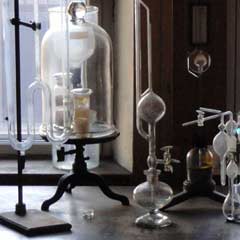
Top Forensic Chemistry Programs (2025-2026)
Forensic chemistry attracts curious problem-solvers who can collect evidence with precision and remain objective in their observations. Ideal candidates for forensic chemistry positions must prove their abilities to follow legal and scientific protocols when collecting physical evidence from a crime scene and analyzing it in a laboratory.

The Federal Bureau of Investigation (FBI) is the principal federal law enforcement agency of the United States. Its investigative authority is the broadest of all federal law enforcement agencies, and the Bureau’s workforce is similarly large, employing approximately 35,000 people, including both special agents and support professionals, to serve its mission of protecting the American people and upholding the Constitution.

10 Top Online Forensic Accounting Programs
By earning a graduate certificate or degree in forensic accounting, professionals with bachelor’s degrees in accounting can become certified in fraud examination, thereby protecting individuals, corporations, and entire economies from the perils of financial corruption. Online forensic accounting programs have expanded to allow students to maintain their current jobs while earning a certificate or degree.

In order to catch tomorrow’s killers and to protect the innocent, forensics experts will need to look for critical evidence in the places it’s now most likely to be found: a stray email address, a grainy clip of surveillance footage, a single incriminating IP address pulled from a list of countless others.
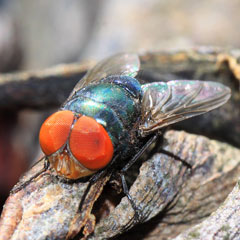
Universities with Forensic Entomology Programs
Blow flies, flesh flies, maggots and carcass beetles -- not what most people think about on a regular basis unless they work in the field of forensic entomology. This is the study of insects as related to legal investigations, but actually goes much deeper than that particularly for crime scenes and criminal investigations.
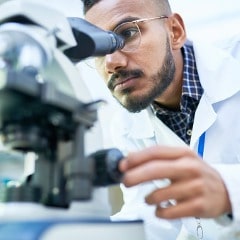
What is Forensic Biochemistry?
Forensic biochemistry has various applications. For instance, forensic biochemists may be asked to trace the origin of a particular substance, determine paternity or the relationships that specific people or animals share, or even track the spread of diseases.
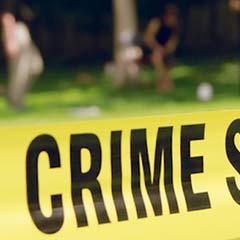
For an unattended death, law enforcement must use a combination of investigative techniques and science to calculate how much time elapsed between the victim taking their last breath and their remains being found.
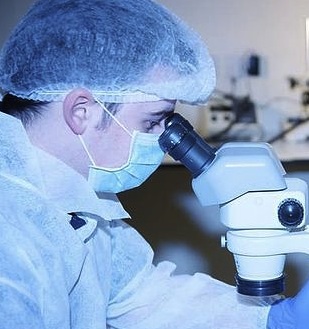
15 Top Forensic Biology Programs (2025)
Those educated in forensic biology can seek out careers as biologists, DNA biologists, biologist forensic examiners, biology DNA program specialists, and more.


